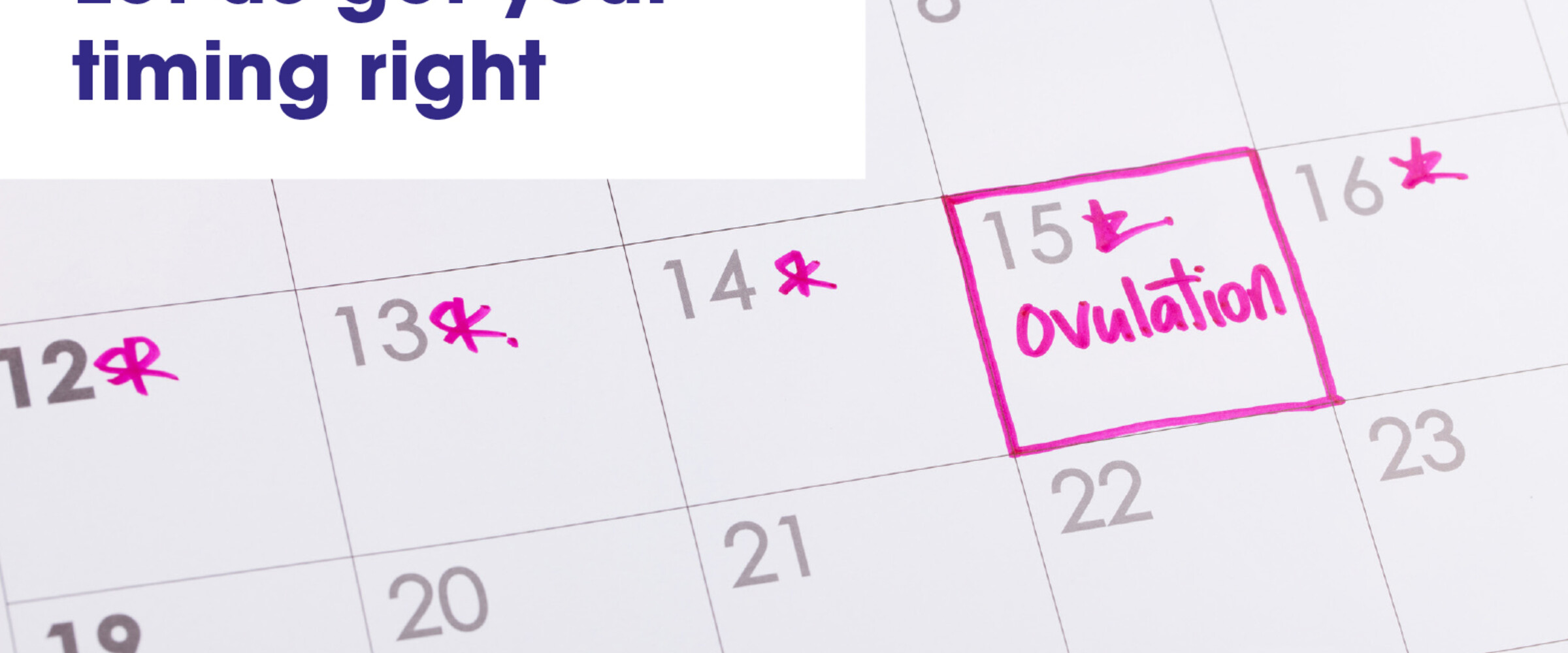
How useful are home ovulation kits and fertility apps?
Most women who have been trying to conceive for over a year will have spent time (and money) on trying to understand more about their menstrual cycle and ovulation, in order to improve their chances of conceiving.
From temperature tracking and ovulation kits to fertility apps, there are a large number of products that offer to track ovulation and pinpoint your most fertile days. The question remains though, which ones are actually useful?
There are a few different methods these fertility apps and ovulation kits use. It’s important therefore to understand what these tests are actually measuring, when they might be useful and their potential limitations.

Charting your basal body temperature
Your basal body temperature rises just after ovulation. Charting your temperature is therefore only useful in telling you what happened last month. If your menstrual cycles are regular, charting your temperature over several cycles might help you plan when to have intercourse next month. However, this is no more accurate at determining the approximate day you will ovulate than by simply subtracting 14 days from the start date of your next period. There are plenty of free online ovulation calculator tools that can help you work out your cycle length in order to do this. If your cycles are irregular it is not going to be useful in predicting your fertile days in the coming month.
Cervical mucus changes
Your cervical mucus is one of the best signs before ovulation that you are at your most fertile. It increases in volume and the consistency becomes watery, similar to raw egg white. This indicates that the ‘sperm escalator’ has been switched on, and this will assist the sperm in swimming easily into the cervix. Unfortunately many women won’t notice this change, so it’s not useful as a predictor for everyone.
Saliva ovulation kits
Examining a sample of your saliva with a microscope is a complex and mostly inaccurate way of predicting your fertile window and ovulation. These kits involve looking for an increased level of salt in saliva which is a result of the increased estrogen levels before ovulation. The results can be difficult to interpret, which means it is not a very useful method and given the kits are relatively costly I would recommend avoiding these.
Urine ovulation kits
Urine ovulation kits that detect your Luteinising Hormone (LH) surge are very accurate at predicting ovulation. Your LH rises acutely one to two days before ovulation and is the trigger for your ovary to release the egg (ovulation). This can be helpful for timing intercourse if you have irregular periods but you will need to use them frequently which can be costly.
Fertility apps
There is now a huge selection of fertility apps available, some free, some not. Most of them encourage you to use a combination of all of the above methods and then record and chart your results using the app. Fertility apps do offer the additional benefit of providing reminders, fertility tips and connecting you with other people who are also trying to conceive. However, while apps might provide you with some peace of mind that you are timing intercourse correctly, or that you ovulated that month, if you are simply able to have intercourse every couple of days throughout your cycle, they aren’t going to be much more use than that.
What is the best way to determine ovulation and fertile days?
From my experience women tend to start using these products when they are having trouble conceiving because they think they’re timing intercourse wrong; when in fact they are probably getting it right. If you are trying to conceive for the first time it can be very interesting to understand more about your body and menstrual cycle, but there is no evidence that using them will help you get pregnant.
If you have a regular cycle, have sex every few days at least 10 – 14 days before your next period. All of the charts, microscopes and electronic alerts are no more sophisticated in helping you to time intercourse than that simple piece of information.
If you have irregular cycles it’s going to make it more difficult to pin point your fertile time, in which case you should be having regular intercourse throughout your entire cycle. I’d recommend making an appointment to see your GP, as it could be an indication of an underlying medical condition that may be affecting your fertility.
It is quite normal for a couple to take a number of months to conceive, so don’t be concerned if you don’t become pregnant straight away. If you have been trying to conceive for 12 months then the next best thing is to make an appointment to see your GP who may refer you onto a fertility specialist for further investigations. Seeing a fertility specialist is not necessarily a fast track to IVF, depending on your individual situation there are many simple treatments that we can explore to help you conceive.
Try these free ovulation calculators:
Queensland »
Victoria »
New South Wales »
Tasmania »
Singapore »
